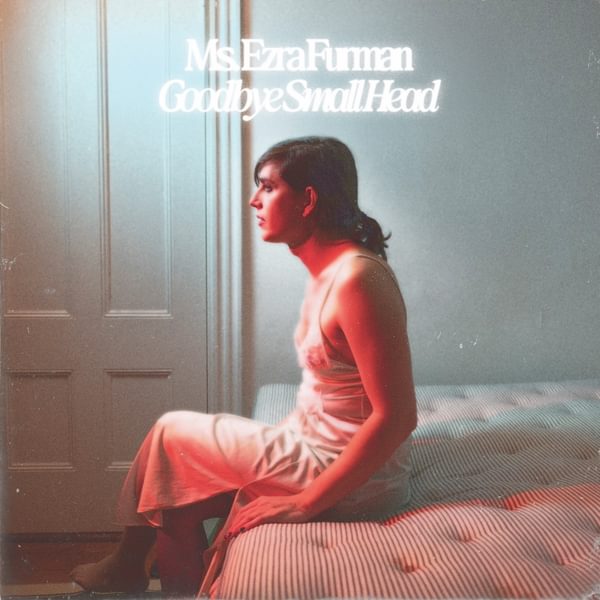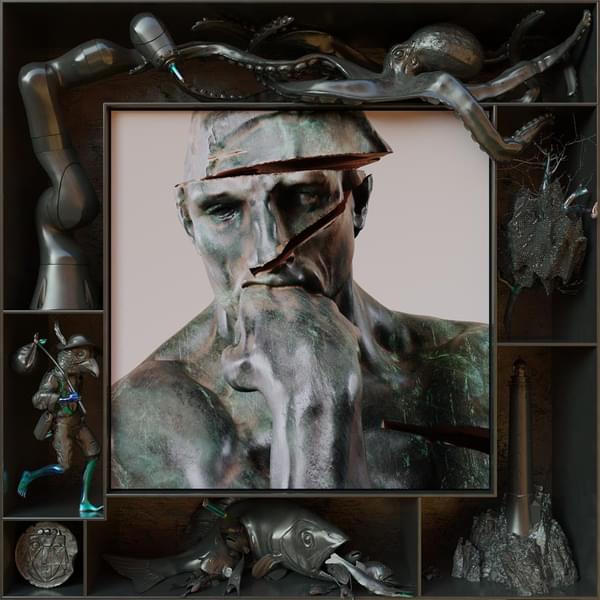
The Vernon Spring and the weight of sound
In his first-ever interview, Sam Beste unravels the emotional and political depth of Under a Familiar Sun, the new record from The Vernon Spring.
The Vernon Spring is not a person but an event, a moment in time that unfolds through sound. Behind it is London-born pianist, composer, and producer Sam Beste who makes music that feels both intimate and boundless, as if each note is being unearthed rather than written.
Beste's upcoming album, Under a Familiar Sun, is a meditation on time, loss, and the quiet power of imperfection—an intricate collage of piano, voice, and field recordings that challenge conventional song structures. “I’ve sort of noticed how this album accumulates emotion,” Beste explains.
For Beste, music was never just about playing—it was about building. From an early age, he was sequencing sounds on an old PC program called Sweet 16, layering music as instinctively as breathing. “Ever since I was a kid, I knew music was what I would dedicate my life to. I’ve always been drawn to both composition and production, always layering sounds, finding connections,” he recalls. That fascination never faded.
Even now, The Vernon Spring’s sound moves fluidly between piano improvisation, jazz structures, and collage-like production, where silence is as important as melody. Sam Beste moves carefully. He speaks the way he plays piano—with space, with weight, with an awareness of silence as its own kind of presence.
With Under a Familiar Sun, Beste refines this instinct for layering, creating a body of work that feels deliberately fragmented, as if pieces have been gently torn away. Some tracks feel like unfinished thoughts, while others dissolve before they reach resolution. “Music will always stay open-ended for me,” he says. “I want the audience to be part of the experience. If there’s three musicians in the room, space is the fourth one. The music suffers if you neglect that.” It’s this belief in space, in allowing sound to breathe, that defines The Vernon Spring—not as a genre or a project, but as an ever-evolving process of exploration.

For years, Beste was the secret ingredient in other people’s music as a sought-after session musician, catapulted into the limelight as Amy Winehouse’s pianist before working with the likes of Kano, Beth Orton, MF Doom, and Kendrick Lamar’s producer Sounwave. He’s lent his technical mastery to a range of projects, but his personal artistry has long been simmering beneath the surface, first emerging through the experimental collective Hejira and later through The Vernon Spring, a project where jazz improvisation meets hip-hop textures and contemporary classical minimalism.
“I came of age in music at a time where you could release your own music. And I really loved that idea and benefited from that idea,” he says. In 2016 he built his own label, Lima Limo Records, releasing music on his own terms, operating outside the machinery of the industry. Until now. Under a Familiar Sun, his latest album, arrives not just with a label and a proper release plan, but with something else: his first-ever interview.
“I wasn’t in a rush to do the PR thing,” he admits. “But this felt like the right time.” The record itself plays like a statement of purpose—a meditation on memory, home, and political responsibility, shaped by an artist who has spent years crafting music without the need for explanation. But now, with Under a Familiar Sun, there are things he wants to say. “It gives me this feeling of hope and a belief in the fundamental goodness that is within all of us,” he says. “Even though the album grapples with the world that we’re living in, and how family and our personal lives are related to the broader world, politically and spiritually.”
His background in jazz, along with early lessons from mentors who encouraged restraint, taught him the power of leaving room to breathe. “Pianists are very prone to playing too much, myself included,” he admits. “When you’re nervous, you play more. When you feel relaxed, you play what feels spiritually connected.”
That patience, that sense of making every note matter, runs through Under a Familiar Sun. The album leans on silence, on moments that disintegrate as they play. “It’s almost like it’s falling apart, but it’s still staying together,” Beste says. His music resists tidy conclusions. There are no clean breaks, no rigid structures—only songs that find their own stopping points when the emotion is spent. “I don’t really think of a piece in terms of a start and an end,” he says. “I sort of have a family life, come to the studio when I can, dive into music when I come to the studio, and the music finds a resting place eventually.”
If the structure of the album feels fluid, its themes feel deeply weighted. Beneath its quiet beauty, Under a Familiar Sun carries the political urgency that has shaped Beste since childhood. His parents were lifelong activists, and their worldview—one of responsibility, one of seeing beyond the self—runs through his music. “I was always carrying that with me, and trying to work out what that means for me as a musician.”
The title itself speaks to a kind of desensitization, the way the familiar can dull the edges of what should feel urgent. “When things become overly familiar, you don’t see them anymore,” he explains. “It’s a longing to not be blind to it all the time, to cultivate a way of being that is in tune and in touch with the miracle of our lives and the preciousness of it.”
That need to keep seeing, to keep feeling, is reflected in the way he constructs his music. His sound has always been a form of collage—layering field recordings, snippets of his past, and unexpected textures into something new. “The sort of materials I’m using for that collage are field recordings, my own music recordings, unused recordings from my archive,” he explains. “Like all the drums on Norton—those are from an unused session I did with my friend Nathan years ago. I was creating sample instruments from my hard drive.”
But Under a Familiar Sun is also more collaborative than anything he’s done before. The record includes contributions from writer Max Porter, longtime collaborator aden, and producer Iko Niche. “I could hear that it wanted to be more collaborative,” Beste says. “That there were other voices that could enhance and draw out some of the themes.” Many of those collaborations formed naturally. Max Porter, for example, had already been contributing lyrics to a residency at the Sounds From a Safe Harbour festival when Beste realized he needed his voice on The Breadline.
“I wrote him an email explaining what the song was about, and honestly, within two hours, he sent back the poem,” he recalls. “He always says the same thing: ‘Do with it what you want. Rip it up, take one phrase, rewrite it, it’s yours.’ He’s very un-precious.”

This sense of openness, of letting things evolve, defines The Vernon Spring. “I don’t really feel like I’m being somebody else within The Vernon Spring, or like I’m inhabiting another persona,” Beste says. “It’s not meant to be another person, it’s meant to be an occasion. Something that is alive and that is happening. And that I’m a part of, and hopefully other people can be a part of too.”
So what does he want people to take from Under a Familiar Sun? He hesitates before answering, carefully choosing his words. “It gives me this feeling of hope,” he finally says. “Despite everything, there’s an optimism in it. A belief that everything’s going to be alright.”
It’s not naive. It’s not detached. It’s the kind of optimism that understands the weight of the world but chooses to hold onto something lighter. To see things clearly, but not be overwhelmed. To hold onto that sliver of belief, kept alive by a familiar sun.
Get the Best Fit take on the week in music direct to your inbox every Friday
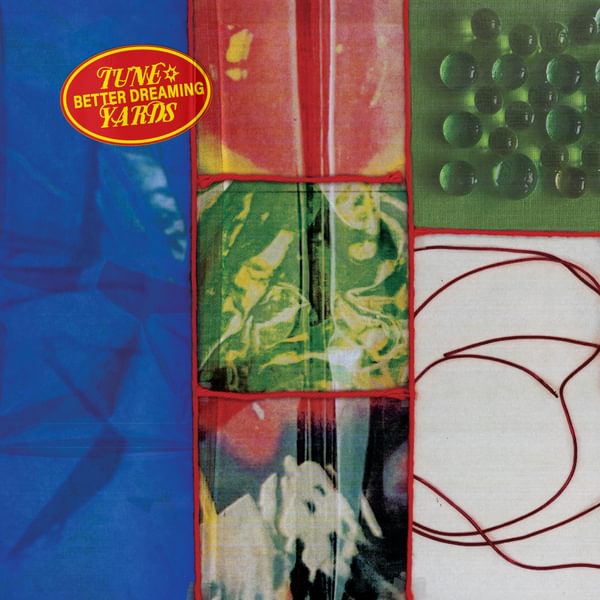
Tune-Yards
Better Dreaming
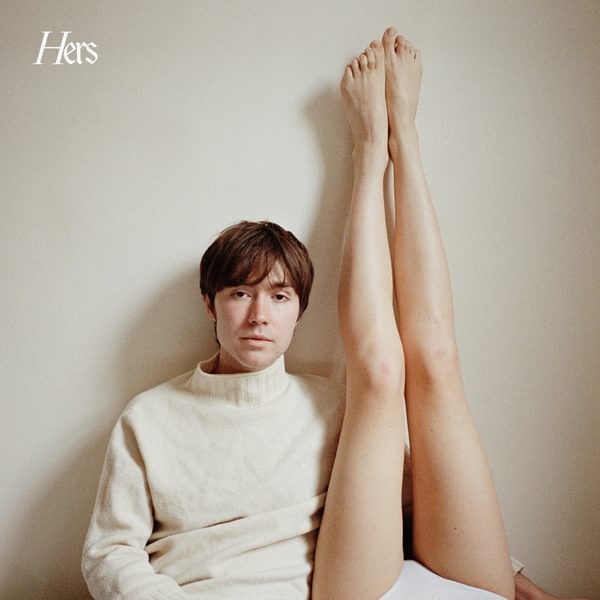
Matt Maltese
Hers
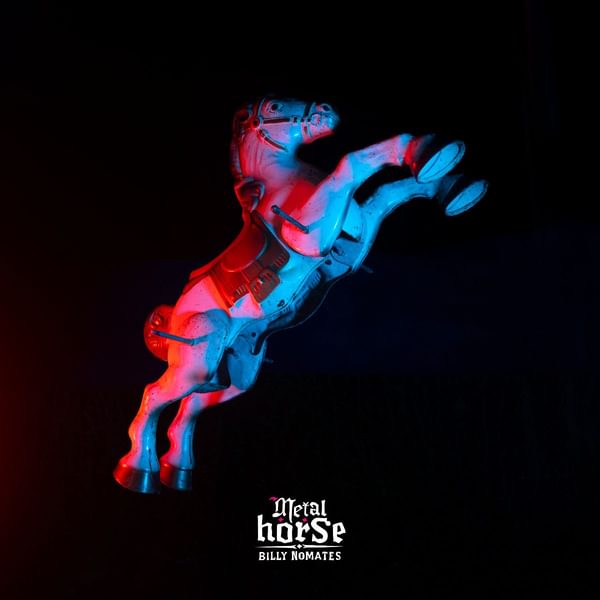
Billy Nomates
Metalhorse
